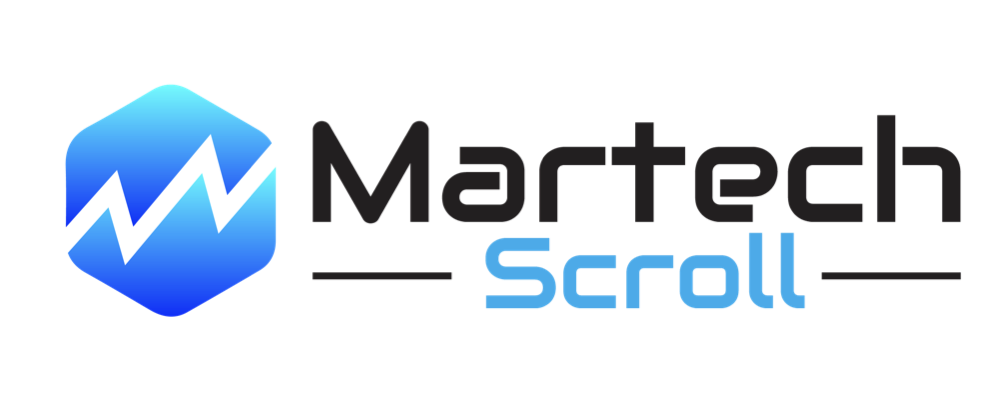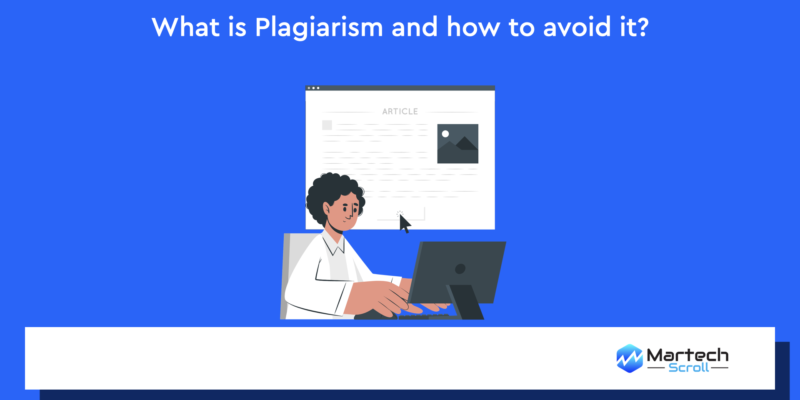As the world becomes more digital, the value of one-of-a-kind content rises. Checking your work for plagiarism is an important step in capturing and retaining your audience’s attention. This should be done before distributing it to your intended audience.
Content marketing encourages your target audience to visit your website, which may result in sales. This can be accomplished through inbound marketing, which entails using content marketing to provide useful information that answers your customers’ questions rather than pushing your products or services on them.
Copyright Regulations
When you create something unique, your copyrights are immediately assigned to you. No one, under any circumstances, can ever steal your work without your permission.
They may face legal ramifications if they violate copyright laws. Similarly, use a plagiarism checker to run your content marketing strategy. This is to protect yourself from any infringements on your intellectual property rights. You could face serious legal consequences if your content is not checked for originality.
What is Plagiarism?
According to Merriam-Webster, the verb “to plagiarise” means:
“to steal and pass off (another’s ideas or words) as one’s own: to use (another’s work) without attribution”
This definition includes the term “steal” because it refers to instances in which someone else’s ideas or words are intentionally used without crediting the source. This definition includes carelessly using another’s ideas or words without proper citation because your work attempts to “pass off” another’s work as your own.
The simple act of copying and pasting may appear innocuous in our technologically advanced culture, but it has serious consequences in academic and professional settings.
Google Punishes Plagiarism
There are also repercussions if Google discovers that you are plagiarising someone else’s work from another website. Google may blacklist specific pages or your entire domain if it discovers duplicate content. As a result, you will no longer be listed in search results. As a result, Google will no longer direct visitors to your website. While Google will not fine you or report you to the authorities, your current and future traffic will suffer as a result.
The SEO community is divided on whether duplicate content will affect Google rankings.
Ways You can avoid Plagiarism
Citations: When quoting someone else’s idea or words, include a citation in your writing that includes the full name of the source, the date it was published, and any other citation elements required by the style guide you’re using.
Quotations: If you use a source’s words verbatim in your writing, one of the most basic yet obvious ways to avoid plagiarism is to surround the text with quotation marks to indicate that the words aren’t your own. A direct quote should include the source so that readers can see who said it.
Paraphrasing: Paraphrasing is the act of rewriting a source’s ideas or information into your own words without changing their meaning. However, be cautious: if done incorrectly, paraphrasing can result in plagiarism.
Plagiarism Checkers Online
Editpad has many useful features that will help you keep your website free of plagiarism. It is free and simple to use. This checker analyses your content and compares it to online sources and previously published content to detect plagiarism.
Check-Plagiarism is another excellent tool for detecting plagiarism in your content. This tool is also completely free to use.
These tips will assist you in avoiding plagiarism in your work and are well worth the effort. Learning how to avoid plagiarism eventually necessitates daily practise, as well as becoming more aware of what constitutes plagiarism.








Comments